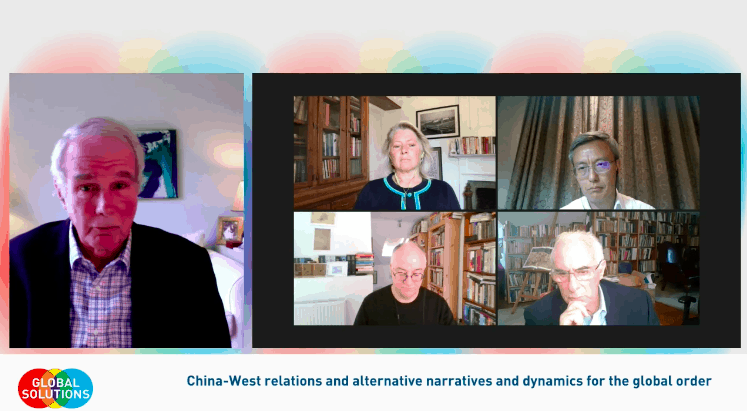The challenge is how to keep the world together in a single international community rather than end up with a bipolar global order, divided by ideological systemic competition, dual digital systems, and conflicting military-security tensions forcing other countries to choose sides. The US and China, so far, are facing off, confronting each other and clarifying their deep divides. How can these divisive dynamics be changed? Only multilateral actions can change the dynamics of bipolar confrontation by forcing a situation in which the bilateral relationships are sorted out in a manageable multilateral setting (not the UN and not the G7) where leadership comes from smaller groups of countries and leaders on different issues. The solutions we propose is to (1) explicitly empower various plurilateral groups of 6-8 countries to lead on different issues within the G20; (2) to have G20 ministers use the G20 as a vehicle for more ambitious global actions by G20 ministers, for example, having G20 ministers of health and environment meet throughout the year as a model for ministerials for other sectors, instead of having ministerial meetings only prepare decisions by heads of state and government once a year at G20 summits; (3) to have G20 leaders agree that they will bring selective military-security issues to the G20 summits adequately prepared by G20 foreign ministers and national security advisers; and (4) to address the issues of lack of consistency, implementation and follow-through from year to year by creating a small, flexible secretariat that would be charged with seeing issues through from incubation, to consultation, to teeing up for leaders, to decisions, to communications, to implementation, to monitoring and evaluation.






